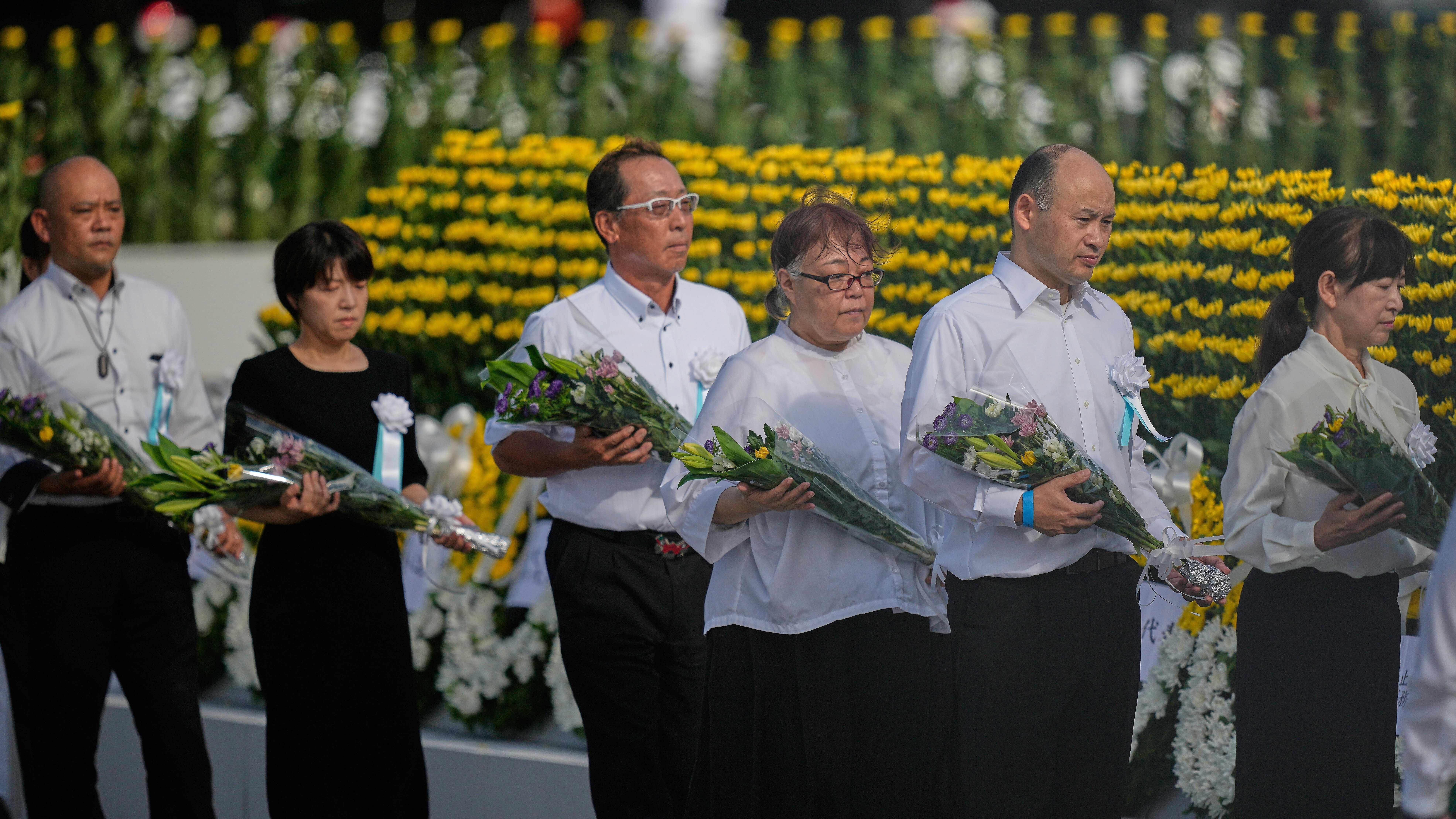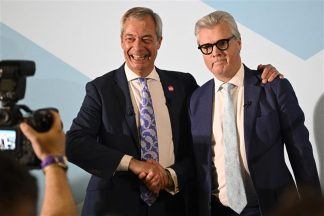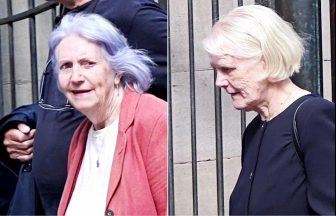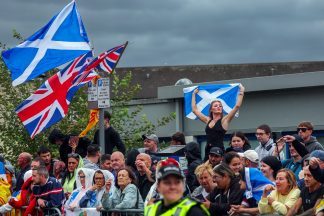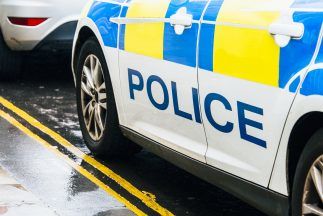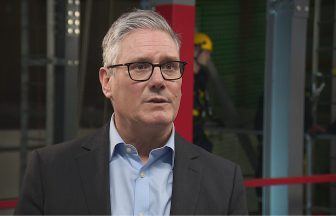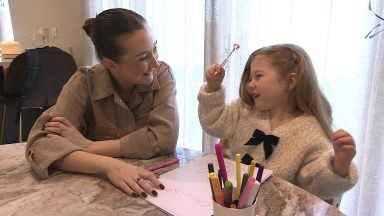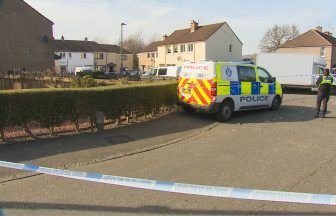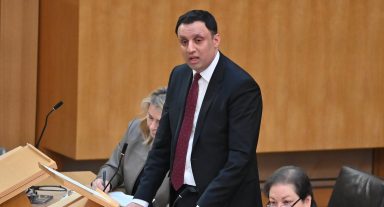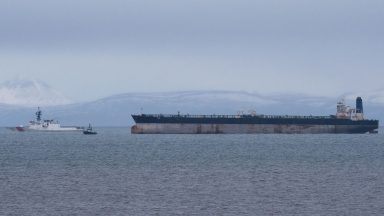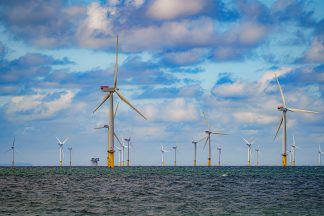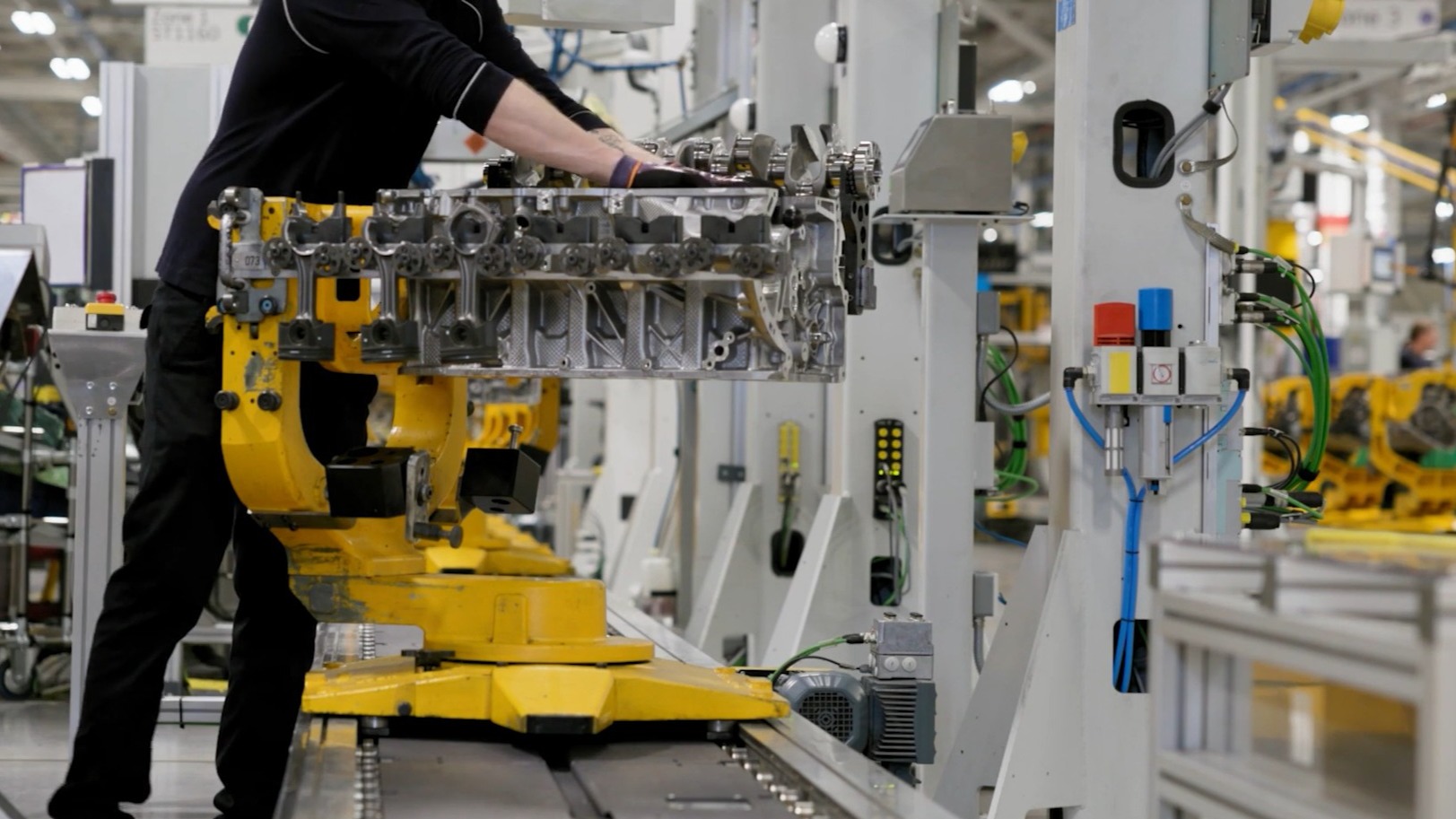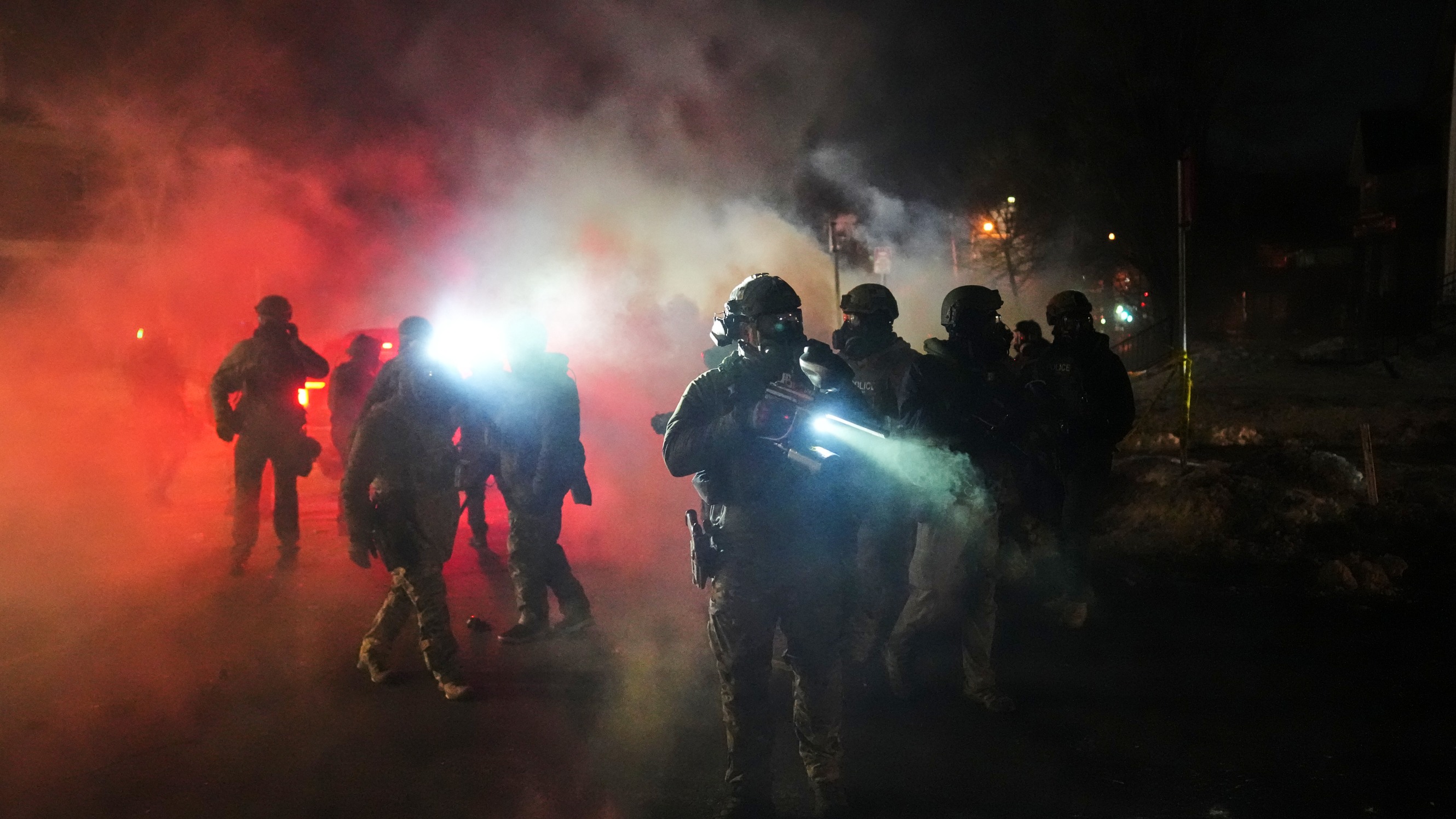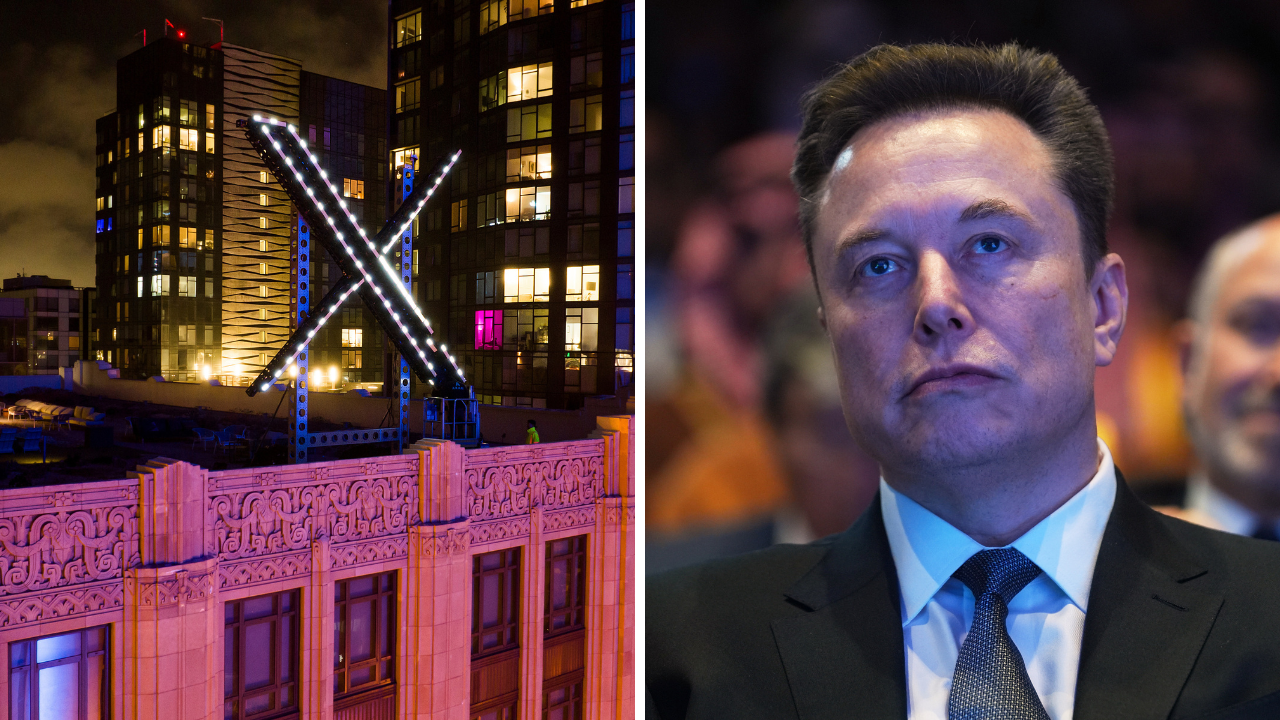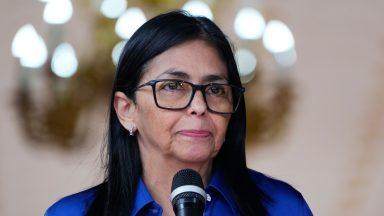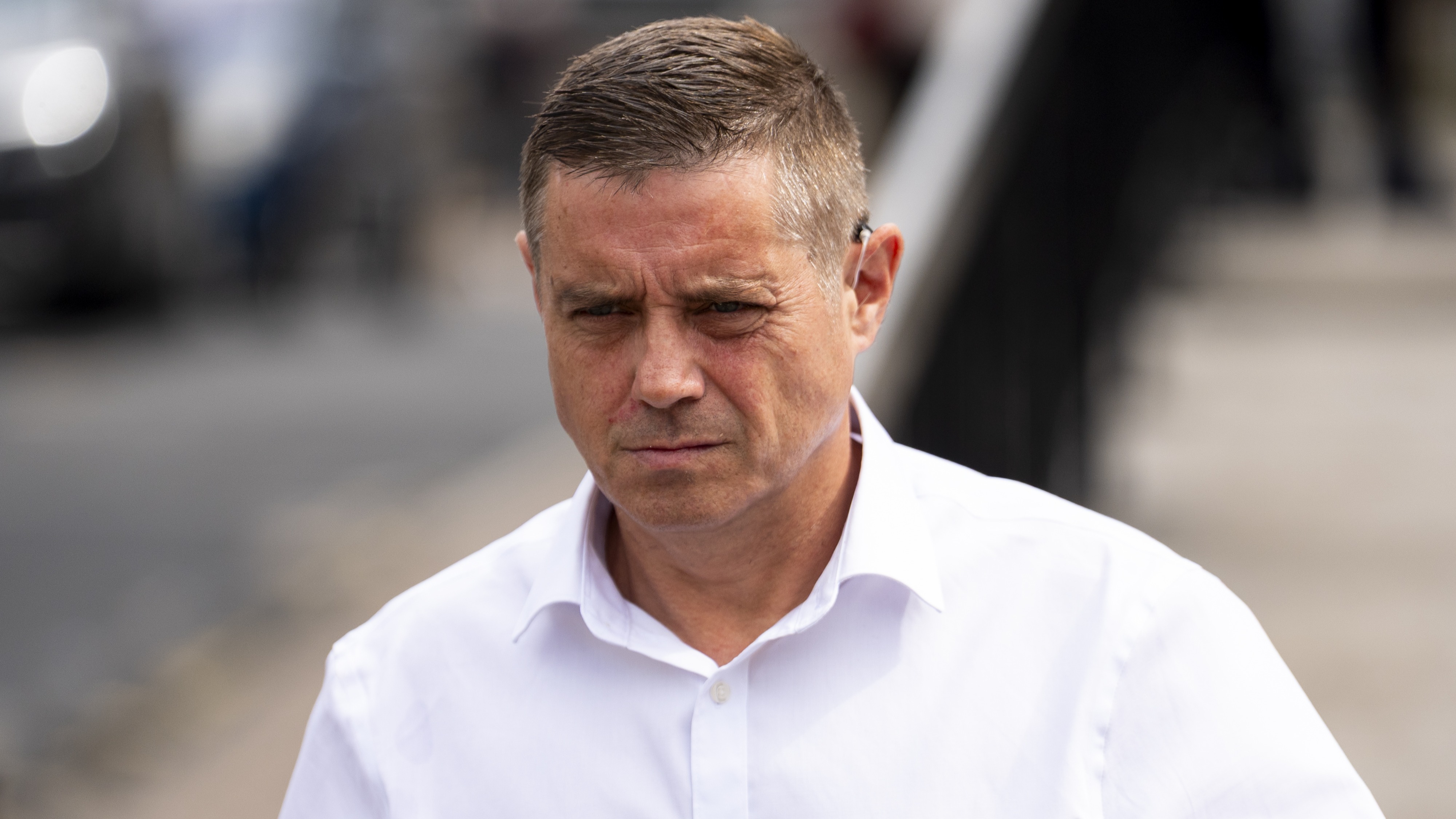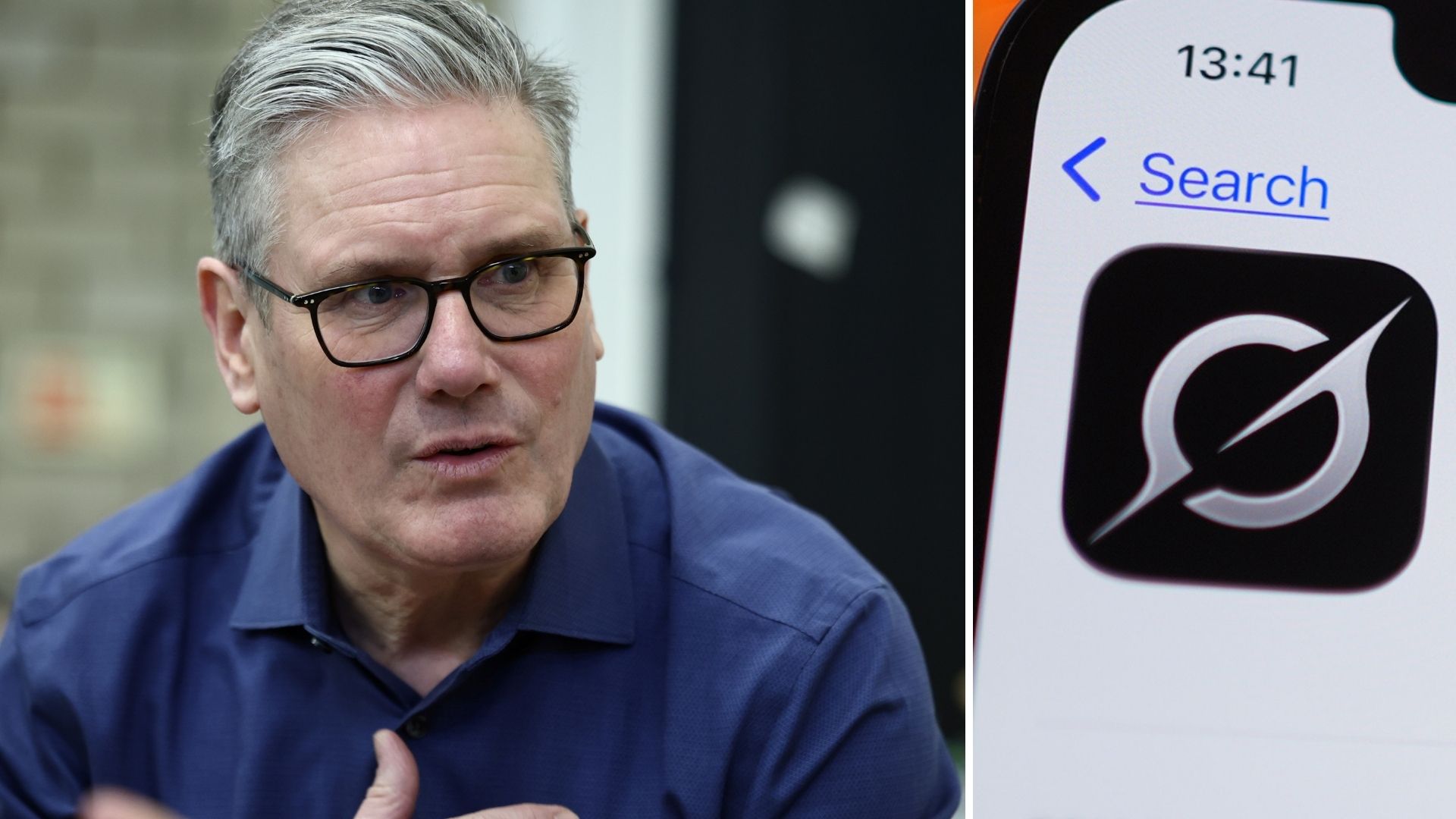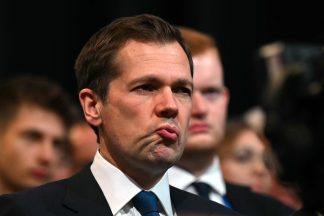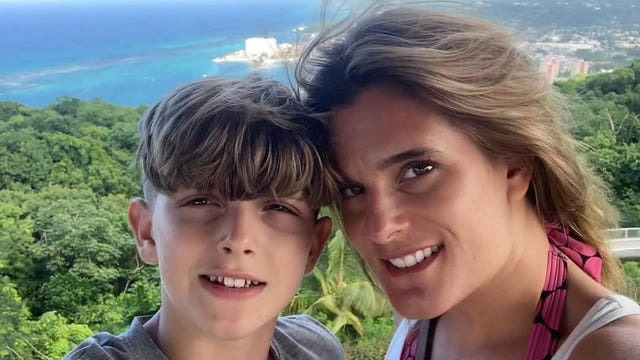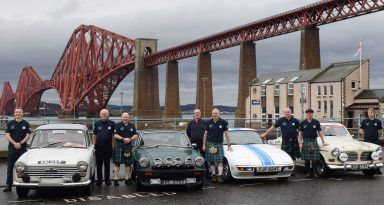Have you ever imagined what it was like on that day when the atomic bomb was dropped?
The cries of despair from beneath the rubble, people emerging on to what were the streets of the city with their skin so burned and blistered they were unrecognisable.
That was the question posed by two primary school children from Hiroshima who took centre stage at a moving event to mark the 80th anniversary of the day the world’s first atomic bomb was dropped on Japan.
When you visit the Peace Memorial Park, where Wednesday’s service was held, you are confronted by that question and thoughts of the horror that unfolded on the morning of August 6 1945.
There is the Genbaku Dome, the only building left standing in what was the epicentre of the blast. Its skeletal yet prevailing dome structure has become a defining symbol of the devastation caused by a nuclear bomb, which the Americans had given the innocuous nickname ‘Little Boy’.
In the centre of the park, there is a cenotaph bearing the names of the tens of thousands who died instantly, and thousands more who passed away in the days, weeks and years that followed. It also carries an inscription, “Please rest in peace, for we/they shall not repeat the error.”
As it has been at previous memorials, that was the theme of this 80th anniversary commemoration.
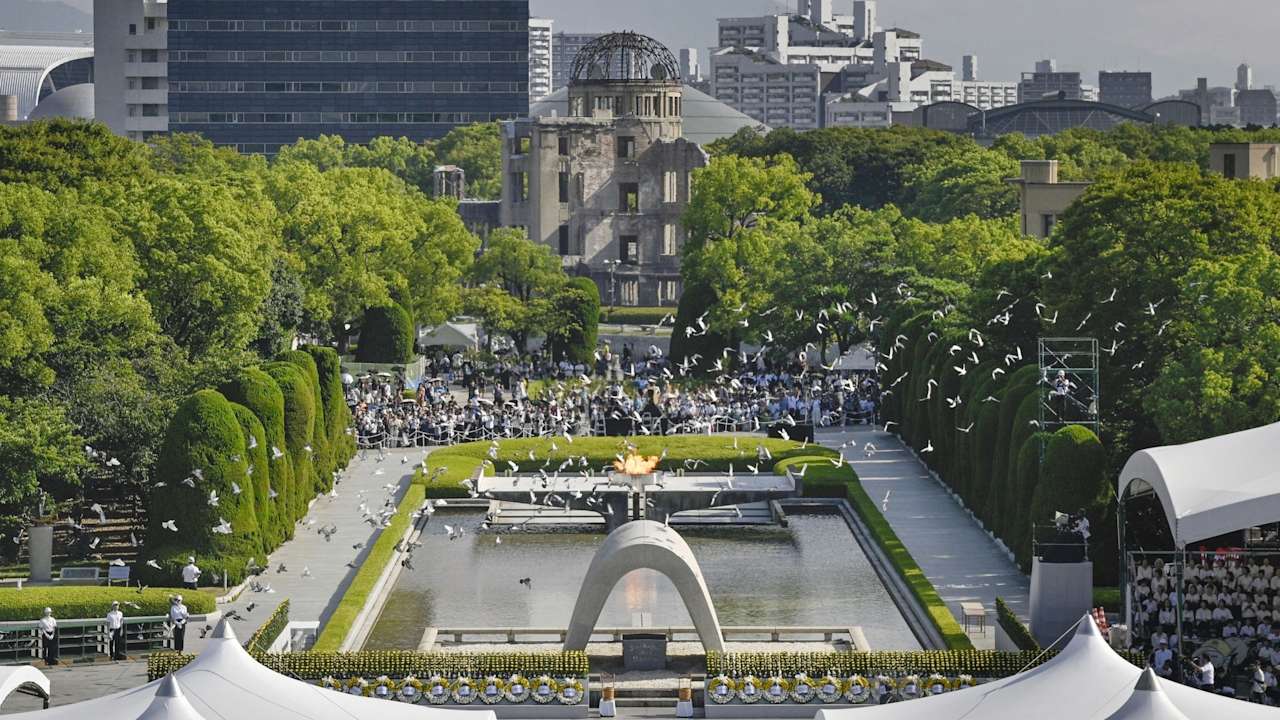
The governor of Hiroshima told those gathered that it was the duty of the Japanese government, as the only country to have experienced a nuclear weapon, to take the lead in the abolition of nuclear weapons.
Outside of the Memorial Park, there was a large demonstration by anti-war and anti-nuclear protesters.
On this anniversary, perhaps more than any other in recent decades, the spectre of nuclear warfare looms large.
President Putin has threatened to use nuclear arms in Ukraine. America and Israel recently bombed Iran, claiming the Iranians had breached their non-proliferation promises. And in the past decade, Kim Jong Un has, despite international sanctions, established a nuclear program in North Korea.
For decades, Hiroshima and Nagasaki, where a second atomic bomb was dropped three days later, have been held as examples of a line humanity should never be allowed to cross again.
With multiple wars still waging in the world, and nuclear powers continuing to increase their stockpiles, the people protesting on Wednesday in Japan feel their calls for peace are more important than ever.
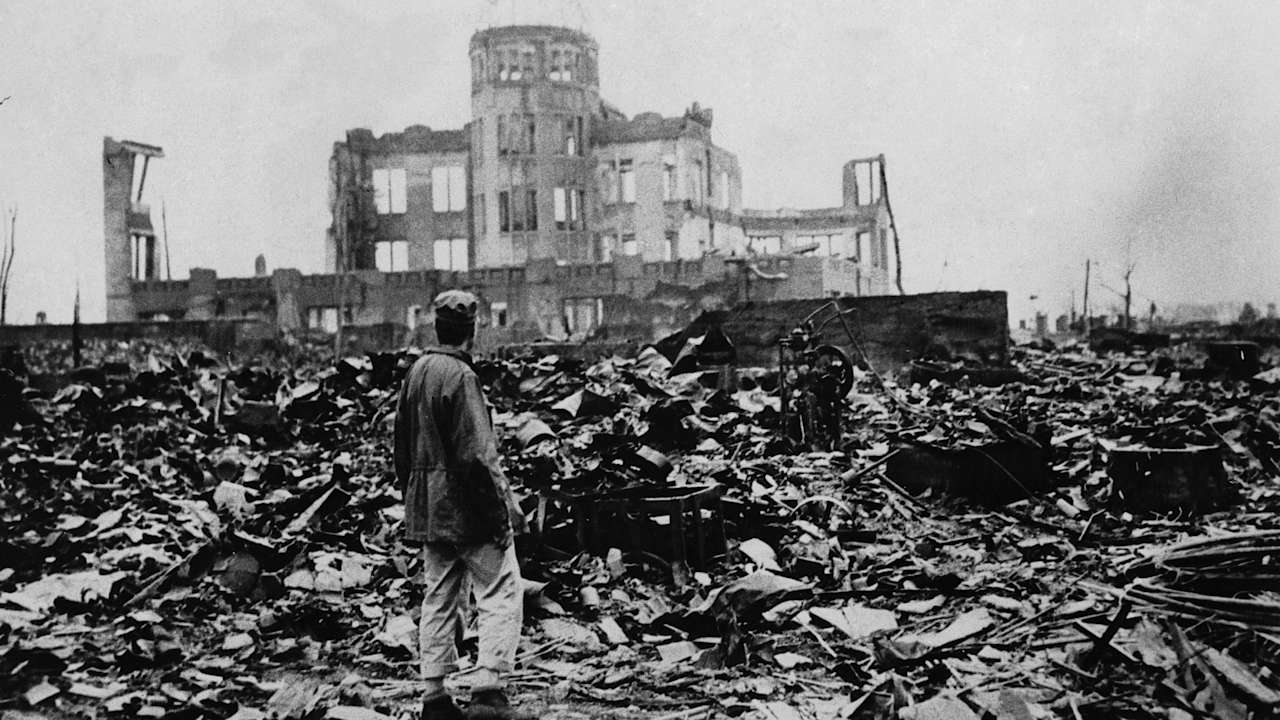
Wednesday’s service included survivors, a dwindling community called the Hibakusha in Japanese.
Every year, there are fewer of them to tell their painful stories, but there is no more powerful testimony than those who miraculously lived through the hell of an atomic bomb.
Kunihiko Ida was just three years old when the US dropped its first atomic bomb on Hiroshima. His family home was less than a kilometre from the hypocentre, and he was thrown out of the building and buried beneath the debris.
Eventually, he was rescued by his grandfather. His mother and sister survived the blast but later died due to the skin problems and nosebleeds they developed because of the radiation.
It wasn’t until Kunihiko was 60 years old that he began to share his story.
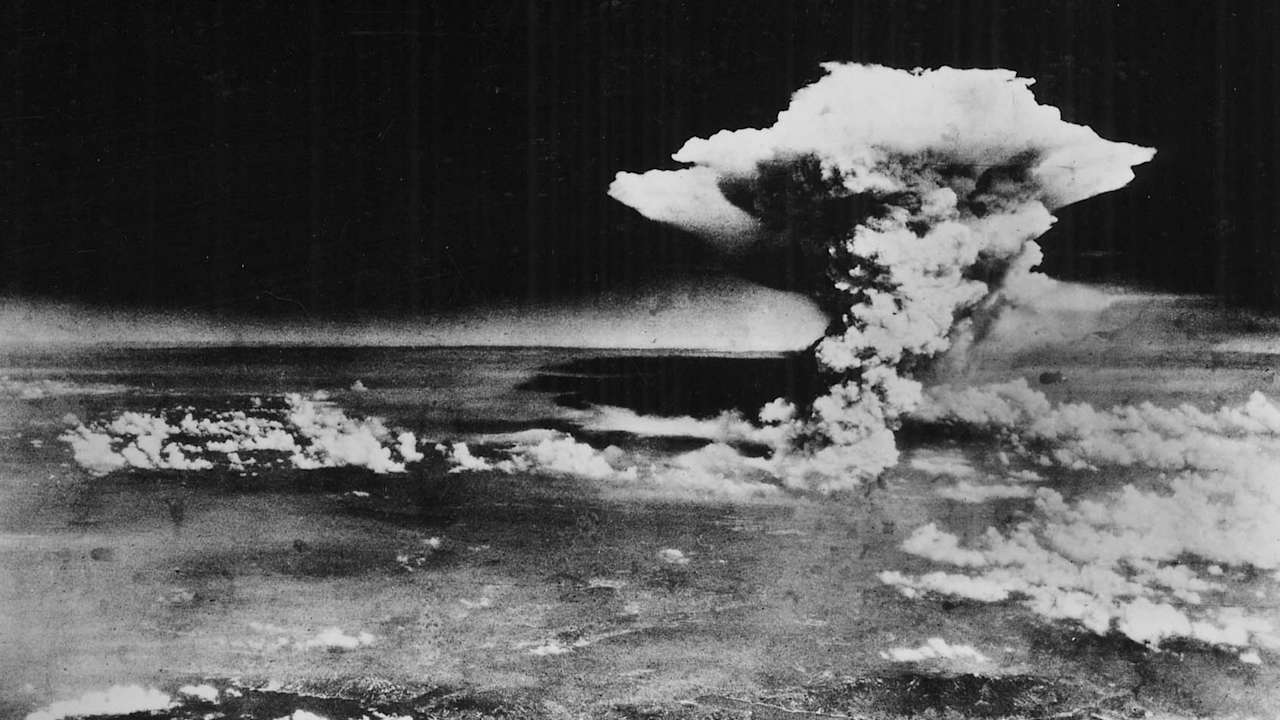
There are around 100 survivors still alive, but many have hidden their experiences to protect themselves and their families from societal discrimination that still exists. For others, like Kunihiko, it was a trauma he didn’t want to relive.
As they have grown older and nearer the end of their lives, many survivors have felt compelled to share their stories, hoping it might add weight to the movement to abolish nuclear weapons.
In 2024, the Japan Confederation of A- and H-bomb Sufferers’ Organisations (Nihon Hidankyo) was awarded the Nobel Peace Prize for its decades of advocacy toward nuclear disarmament.
At Wednesday’s ceremony, it was Japan’s youngest generation of schoolchildren who pledged to keep their promises to the Hibakusha to keep telling their truth and work towards the elimination of nuclear weapons.
As long as there are nuclear weapons in the world, they said, there can never be peace.
On Remembrance Day in the UK, we say “Lest we forget”. In Japan, they add “Lest we repeat.”
Follow STV News on WhatsApp
Scan the QR code on your mobile device for all the latest news from around the country


